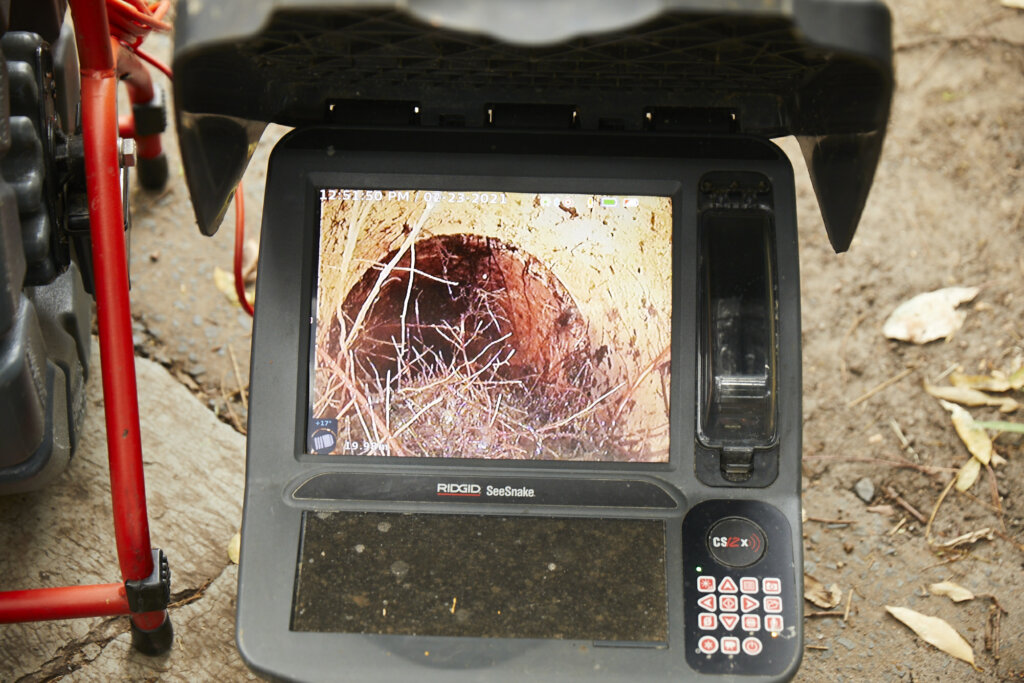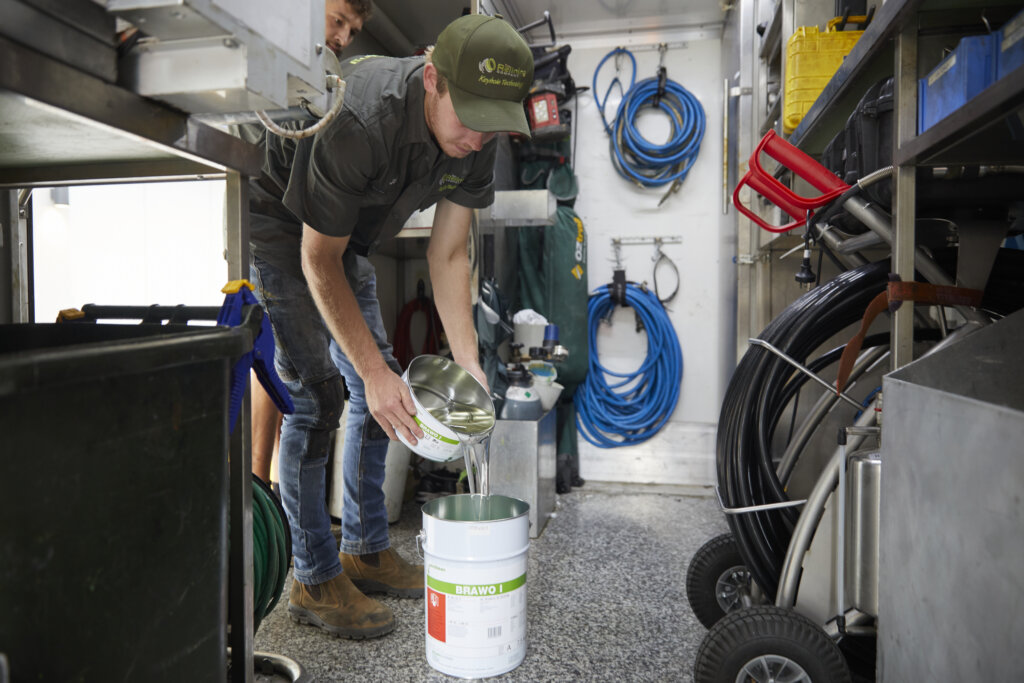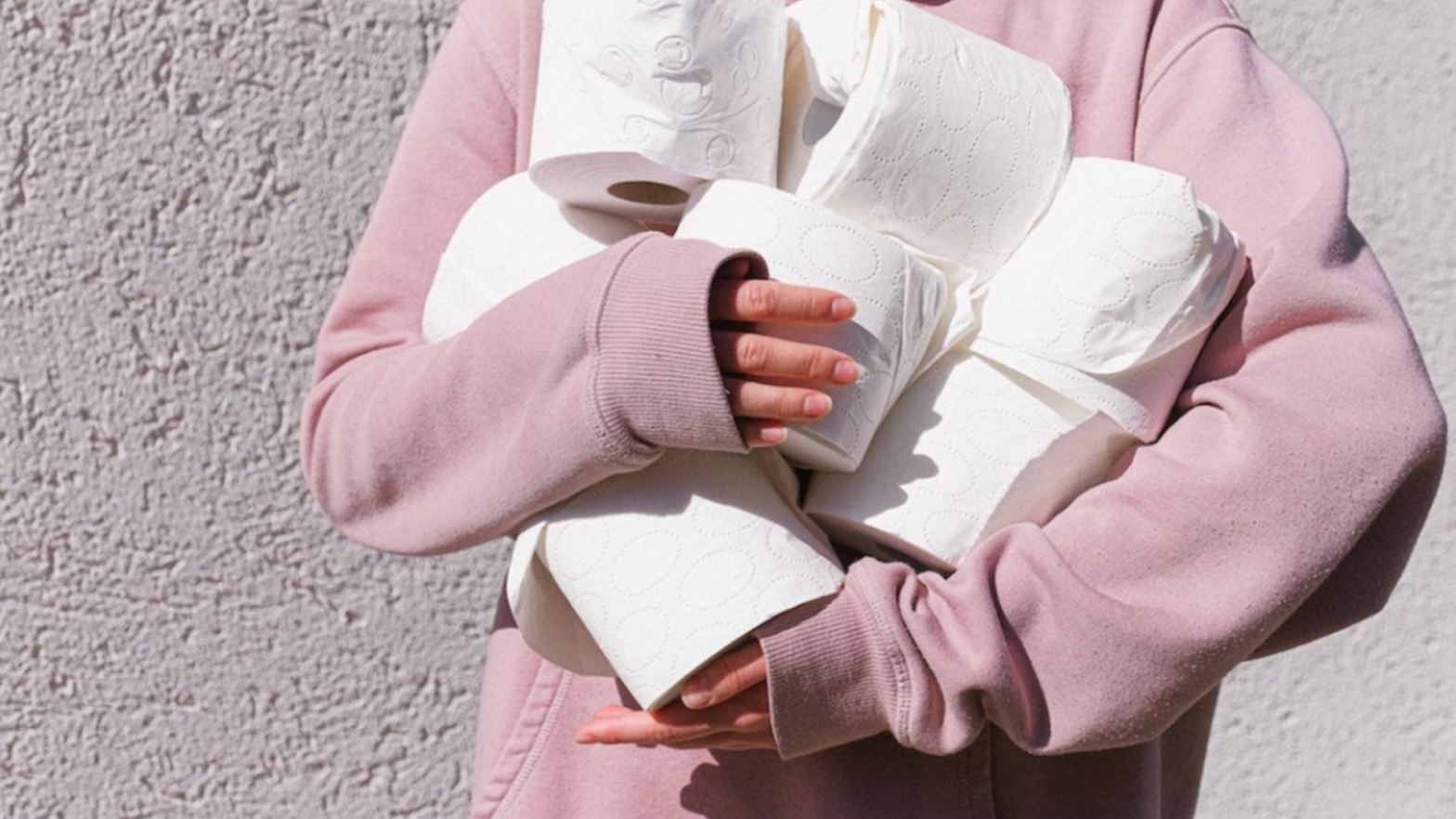Can you tip oil down the kitchen sink? Are flushable wipes the same as toilet paper? Are drain covers really necessary in the bathroom?
Whether you are a homeowner, business owner, or rent your home, it’s your responsibility to ensure you’re not putting anything down the drain that could cause a blockage.
However, sometimes the advice on what’s safe to put down the drain and what’s not can be confusing.
So, here at The Relining Company, we’ve come up with a
comprehensive list of what you can safely swish down the sink and flush away and what common household items should never go in the toilet or down the drain.
Common Culprits of Drain Blockages

From flushing dental floss to rinsing a few coffee grounds out in the kitchen sink, here are some common culprits of clogged pipes and drains, listed room by room.
In the Kitchen
One of the most common causes of blocked drains in Sydney is a build-up of oil and grease that has been tipped down the kitchen sink.
As it cools down, oil solidifies. This can cause it to block pipes and drains, especially if it combines with food particles or other debris. Never tip oil down the sink.
Place cooking oil, fat, and even the oil from tuna cans into a sealed container and place it all in the bin. Before washing up, use newspaper or paper towels to remove oily residue from frying pans.
To prevent food scraps such as eggshells, coffee grounds, fruit peels, leftover bits of meals and even debris such as paper towels from escaping down the drain when rinsing plates, use a kitchen sink strainer and regularly empty it into the bin.
If you don’t want a smelly bin, consider investing in a garbage disposal unit or using a compost bin.
In the Laundry
The combination of lint and grease from washing clothes can easily cause drain clogs.
One way to prevent this is by regularly emptying the lint filter on your washing machine and not using too much laundry detergent.
Also, check your pockets for tissues and money before you wash.
In the Toilet
The only things you should ever flush down the toilet are human waste and toilet paper.
Never flush baby wipes, ‘flushable’ wipes, condoms, dental floss, cotton swabs, feminine hygiene products, or nappies.
Additionally, keep the lid closed so that small children are not tempted to put toys or other materials in the toilet.
On the issue of flushable wipes, they do not disintegrate the same way that toilet paper does when it becomes wet. Therefore, they can easily cause a clog in your plumbing system.
Even a build-up of toilet paper can sometimes clog drains with ageing pipes, so don’t risk it with flushable wipes of any kind.
In the Bathroom
Dirt, grime, soap scum, hair, and beauty oils washed down showers and basins can cause a major plumbing problem.
Regularly clean drains with a mixture of hot water, baking soda, and vinegar to flush out the drainage system and prevent damage to pipes.
It’s normal to shed up to 100 hairs a day, so you should also use a hair trap in the shower, basin, and bath to prevent hair from tangling with other debris and causing a drain obstruction.
And don’t forget to remove objects, such as face washers and toys, from the bath before you let the water out.
Everywhere Else
Tree roots are one of the leading causes of severe or repeated drain blockages. But did you know that you can combat tree root damage with pipe relining?
When choosing plants for your garden, check that they do not have invasive roots that could cause you or your neighbours any plumbing problems in the future.
Here are our Top 18 Plants to Avoid and our recommendation on the 5 Best Trees to Avoid Blocked Drains.
Other things you shouldn’t put down the drain include unused medicine, cat litter, and paint.
Although they are liquids, chemicals and cleaning products should never go down the drain either, because they can severely damage your pipes.
I’ve Flushed Things I Shouldn’t Have. Is the Drain Blocked?

If left unattended, a blocked drain can start to smell, but it can also back up and cause flooding in your backyard or even inside your home.
If you have been putting any of the above household items down the drain, and you suspect you have a blockage, here are 7 Signs of a Blocked Drain to look out for.
Who to Call to Clear Drain Clogs for Good
To avoid drain blockages, you must be mindful about what you are putting down the drain. Combined with regular maintenance, your plumbing should stay in good working order.
However, sometimes blockages occur because pipes are old, cracked, or broken. In this case, contact The Relining Company for an obligation-free pipe relining consultation.
Not only can The Relining Company unblock your clogged drains, but we can also stop it from happening again with our innovative trenchless pipe relining process.
There’s no mess and no fuss with Sydney’s most trusted pipe relining specialists.
Blocked drain? Call us today on 0488 885 166 to learn about how we can help you.
Back to Top